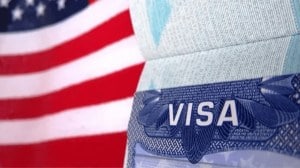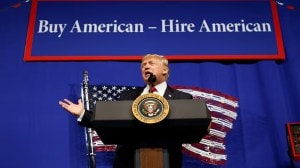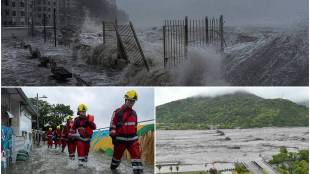The 2025 United Nations Global Summit has placed the ethics of artificial intelligence (AI) at the forefront of international dialogue, reflecting the growing recognition that AI’s transformative power must be harnessed responsibly to benefit all of humanity.
This year’s summit, featuring events such as the UNESCO Global Forum on the Ethics of AI and the AI for Good Global Summit, underscores a unified commitment to shaping AI governance frameworks that are fair, inclusive, and aligned with universal values.
Ethics of AI
A cornerstone of the summit’s discussions is the implementation of UNESCO’s 2021 Recommendation on the Ethics of Artificial Intelligence—the first global standard for AI ethics. This recommendation sets out key principles including human rights, inclusion, diversity, transparency, fairness, and sustainability.
At the United Nations AI for Good Global Summit 2025, Karanvir Singh, Chairman of Visionum Group, joined global leaders to discuss the evolving role of Artificial Intelligence. Known for his work in trade and digital diplomacy, Singh shared insights from his grassroots initiatives and outlined a framework focused on using AI to address challenges faced by underserved communities, with an emphasis on ethical and inclusive development.
“From Bharat to the world, our message is simple: AI must serve the people before profit,” Singh stated during his keynote with global delegates in Geneva.
The summit highlights the urgent need for global coordination in AI governance. As AI technologies increasingly influence areas from sustainable development to security and defense, the international community is moving toward shared norms and regulatory frameworks that transcend national boundaries
Karanvir Singh proposed a five-point Global AI Trade Justice Charter, urging UN agencies, multilateral lenders, and governments to:
– Ensure algorithmic transparency and accountability
– Protect data sovereignty for emerging nations
– Use AI to democratise global trade access
– Design AI tools with language and literacy inclusion
– Promote cross-border public AI infrastructure for MSMEs
Backed by African, Middle Eastern, and Indian export bodies, the Charter aims to redefine AI as a tool for trade justice, not tech monopoly.
India’s ethical AI model takes centre stage
During his visit to Geneva for the United Nations AI for Good Global Summit 2025, Karanvir Singh, extended his outreach beyond the main event. He held high-level discussions with delegates from UNCTAD, the International Trade Centre, WTO, and the World Bank, spotlighting India’s growing leadership in:
- Building robust digital public infrastructure (DPI) to support trade
- Shaping inclusive AI policy frameworks tailored for the Global South
- Creating youth-driven AI skill pipelines that connect to global employment markets
“The next global disruption will be ethical. India is not just a use case—it’s a rule-maker,” Karanvir Singh asserted in a media interaction on the sidelines.
The 2025 United Nations Global Summit signals a pivotal moment in the journey toward ethical and trustworthy AI. By fostering global dialogue, setting shared standards and promoting inclusive participation, the UN and its partners are laying the groundwork for an AI-powered future that upholds human dignity, equity and the common good









